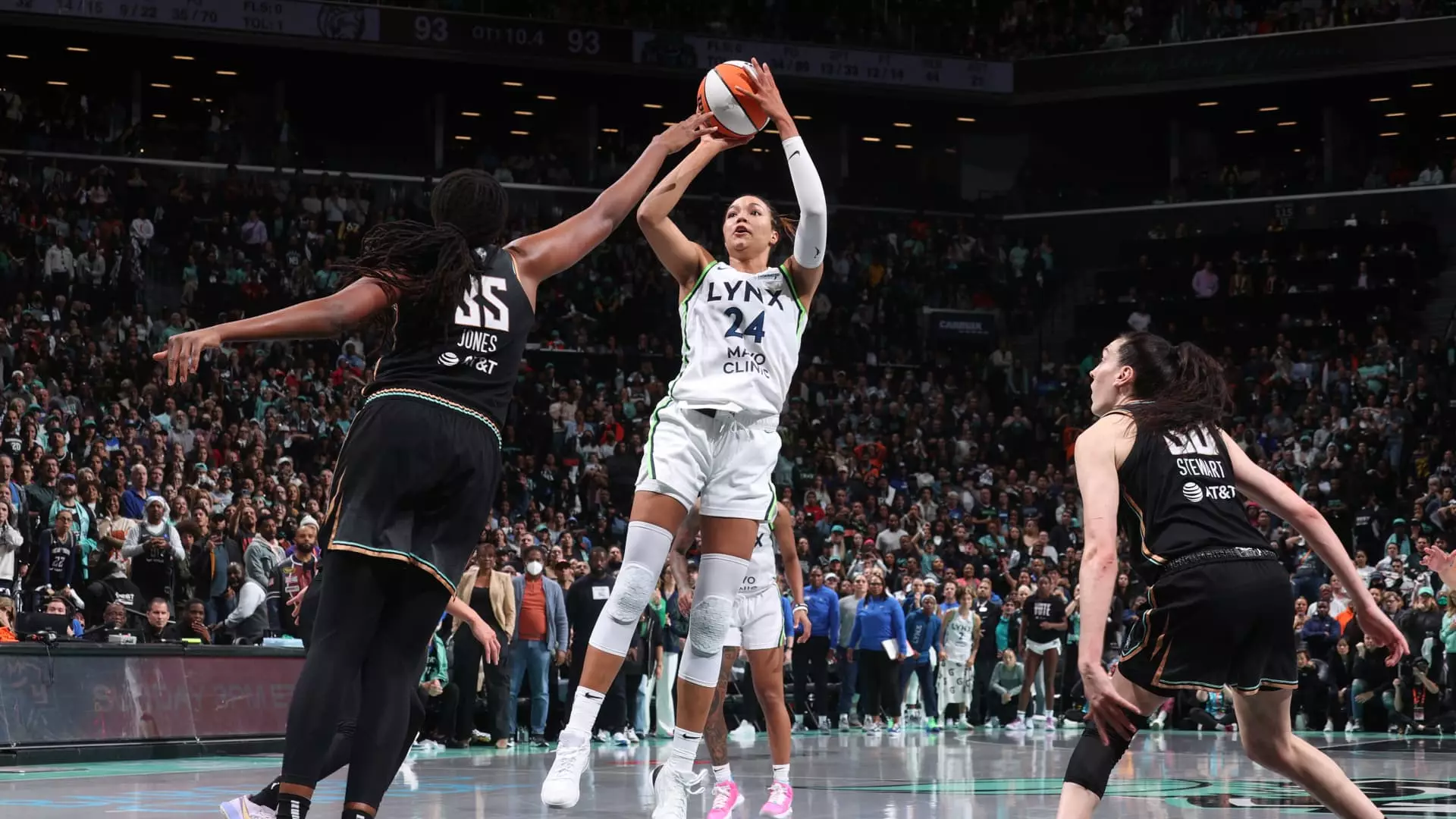With the ever-increasing popularity of women’s basketball, the Women’s National Basketball Association (WNBA) is poised to make significant changes in its upcoming 2025 season. Under the leadership of Commissioner Cathy Engelbert, the league is expanding not just in terms of teams but also in the structure of its regular season and postseason formats. This article explores these exciting changes and their implications for the future of women’s basketball.
Starting in 2025, the WNBA will enhance its regular season by extending the number of games from 40 to 44. This decision reflects the league’s commitment to providing fans with more opportunities to witness their favorite athletes in action. Coupled with this extension is the change in the playoff format, where the Finals series will shift from a five-game to a newly established seven-game series. This marks a significant evolution for the league, as a longer finals series not only enhances viewer interest but also offers a greater chance for teams to showcase their skills under pressure.
The new playoff format will adhere to a 2-2-1-1-1 structure, with the higher-seeded team hosting the first two games. This is a departure from the previous years’ format where the top seed played host for the first two games before games three and four were hosted at the lower seed’s venue. This change aims to create a more balanced and competitive playoff experience for both teams and fans alike.
Engelbert explained that the decision for these changes was influenced by the league’s growth, including the introduction of charter flights for teams, which will enhance player travel and health. The impact of the COVID-19 pandemic also played a role in re-evaluating the playoff structure, showing that flexibility and adaptability are crucial for the league’s future.
The landscape of the WNBA will also change with the introduction of new teams. The Golden State Valkyries are set to join as the league’s 13th franchise in 2025, with expansions to two more teams in Toronto and Portland by 2026. This strategic growth reflects an increasing interest in women’s sports, not only from fans but also from investors seeking to capitalize on the burgeoning market.
The name of the Toronto and Portland teams has yet to be revealed, but their introduction signifies a substantial push to expand the league’s reach and influence. Engelbert highlighted that discussions are ongoing to further expand the league, aiming for a potential sixteenth team, emphasizing that women’s basketball has reached a critical turning point.
This expansion is backed by impressive statistics; the WNBA reported a significant increase in viewership, attendance, and engagement during the 2024 season, which translates to an all-time high of interest in women’s basketball.
The vibrant dynamic between emerging rookies and established stars underscores the excitement in the WNBA. Players like Caitlin Clark and Angel Reese have quickly become household names, complementing the careers of legends such as Breanna Stewart and A’ja Wilson. The active participation of these players in promotional campaigns, digital content, and social media has further solidified the league’s appeal, making women’s basketball an attractive option for fans worldwide.
However, the rise in popularity doesn’t come without challenges. The league has faced issues surrounding racism and online harassment directed at its players. Engelbert’s recent comments on this matter stirred controversy, but she later reaffirmed the WNBA’s commitment to stand against hate and discrimination. This emphasizes the importance of player wellbeing in conjunction with the league’s growth, ensuring a safe and welcoming environment for female athletes.
As the WNBA embraces these transformative changes, the future of women’s basketball looks promising. With a larger season, a revamped playoff format, and continuing expansion, the league is strategically positioned to capture even more fan interest. As viewership continues to soar and new markets are tapped, women’s sports, particularly basketball, are gaining a prominent and well-deserved status in the sports landscape. The WNBA is not just a league; it is becoming a symbol of empowerment, resilience, and excellence, paving the way for future generations of female athletes.

Leave a Reply